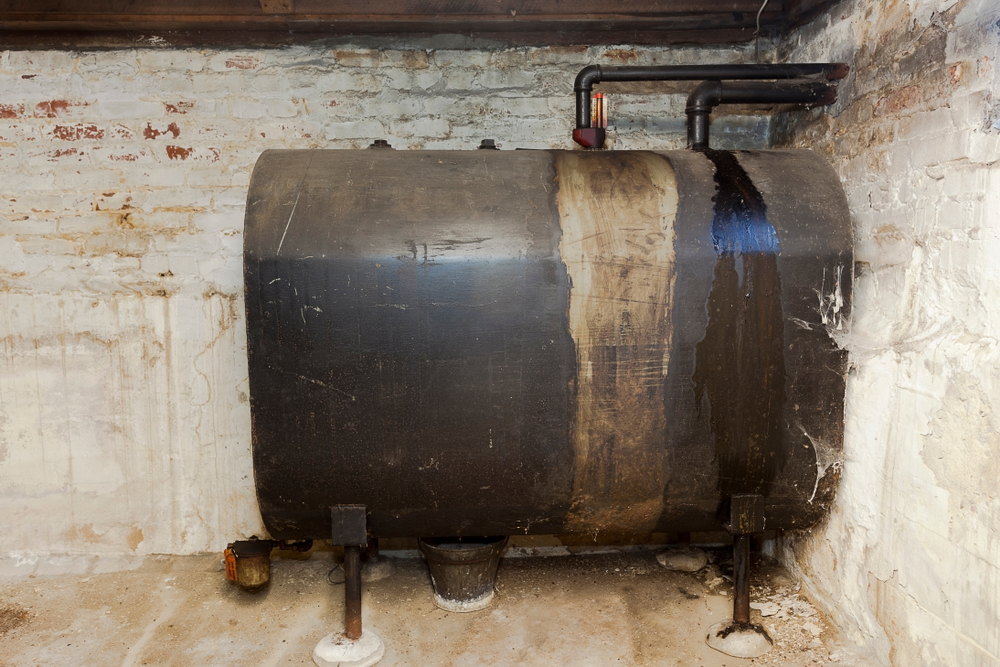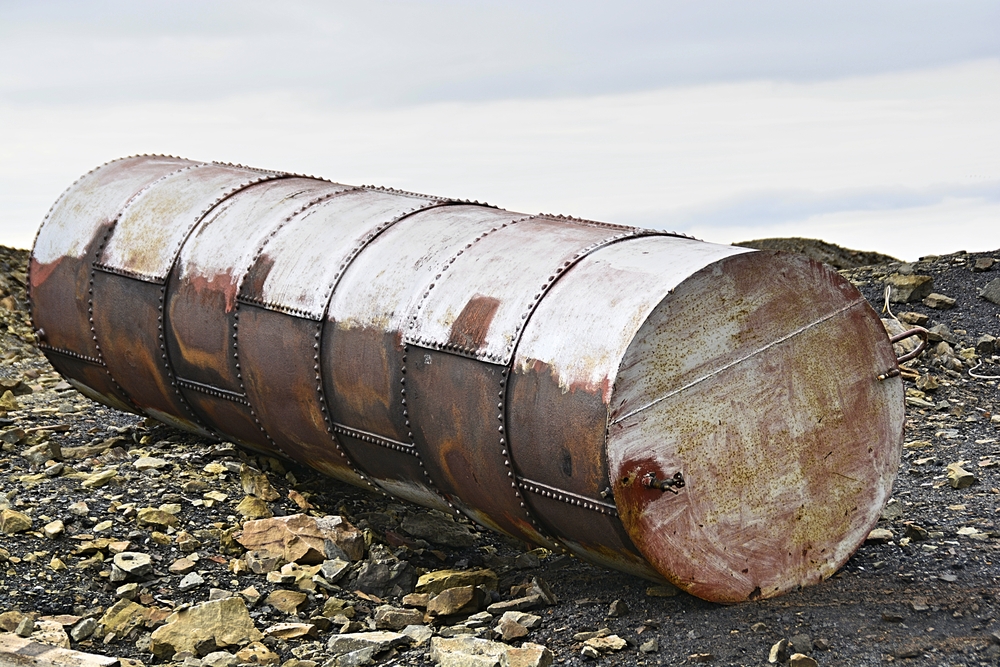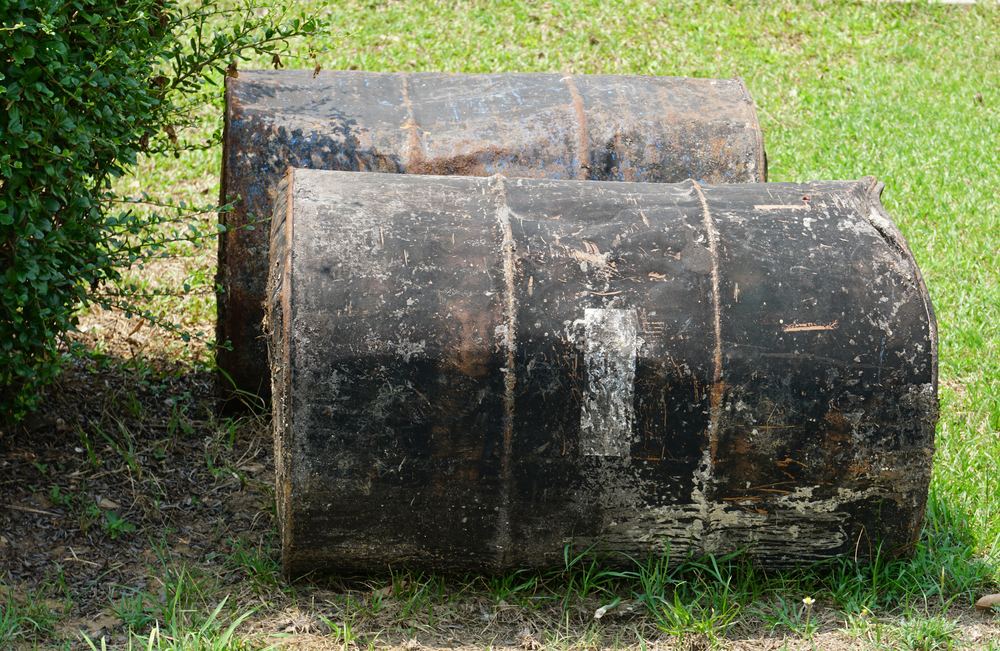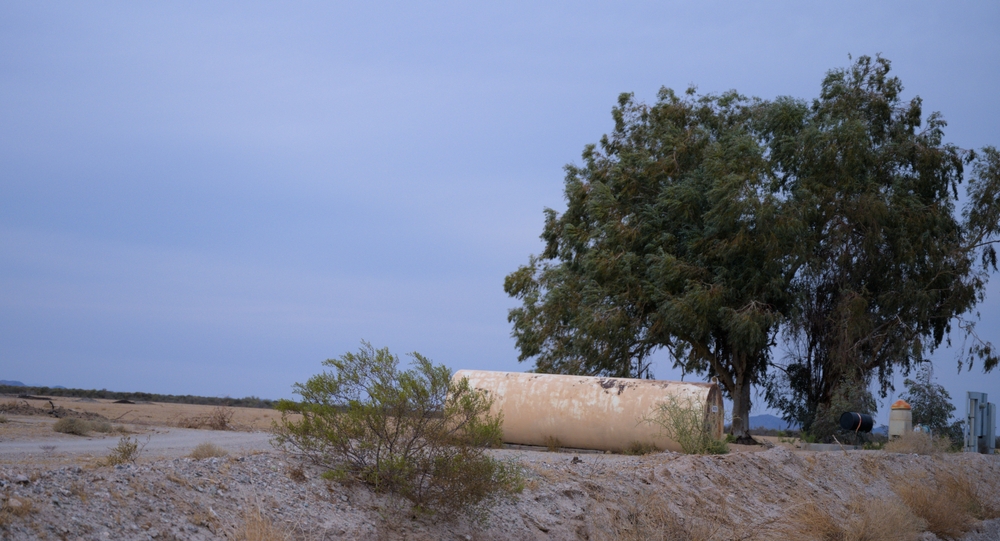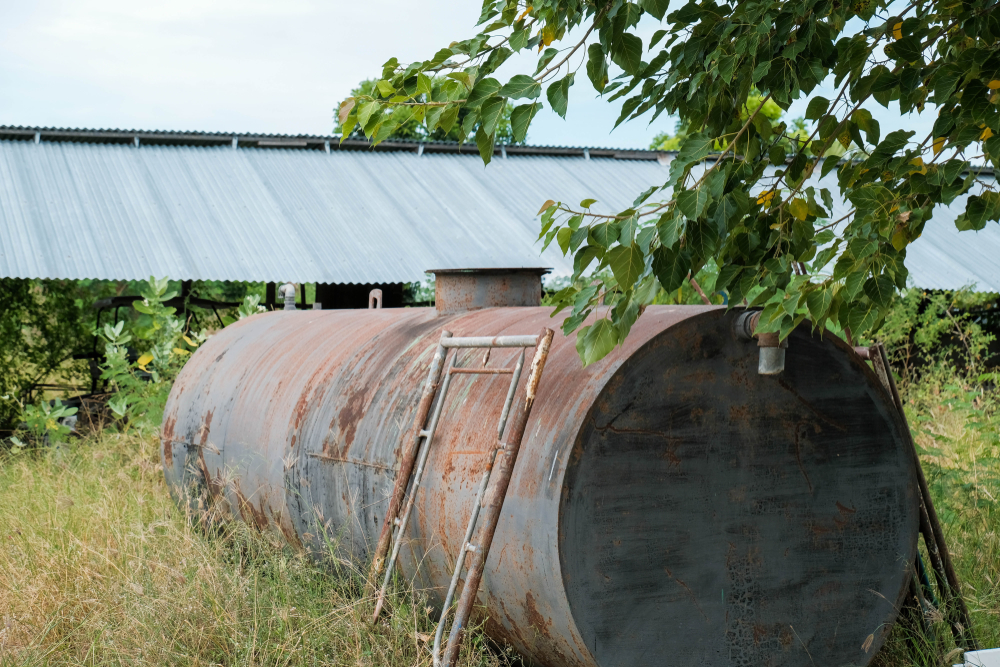Basement tanks, often used for storing various liquids such as oil, water, or chemicals, are common in many homes and industrial settings. However, their presence can lead to various problems, including leaks, corrosion, and even environmental damage. These issues can be costly and time-consuming to repair, not to mention the potential health risks they pose.
READ MOREBlog
Blog
The Benefits of Hiring a Professional Tank Removal Company vs. DIY Removal
When it comes to removing an underground storage tank (UST) or an aboveground tank from your property, many homeowners and business owners face a difficult decision: should they attempt to remove the tank themselves or hire professional tank removal services in Minneapolis, MN? While DIY projects can be tempting due to the cost savings they
READ MOREHow to Identify and Avoid Common Mistakes When Hiring a Tank Removal Company
When you need to remove a tank from your property, it’s crucial to hire a reliable and professional tank removal company to handle the job. Whether it’s an old oil tank, a fuel tank, or a septic tank, improper removal can lead to serious environmental and legal consequences. It’s essential to approach the process carefully
READ MOREThe Risks and Consequences of Leaving a Tank Abandoned
Abandoned tanks pose serious risks to both the environment and human health. Whether they are underground storage tanks (USTs) or above-ground tanks, neglecting them can lead to devastating consequences. These tanks often contain hazardous substances such as fuel, chemicals, or other pollutants that can seep into the surrounding soil and water supply. Over time, corrosion
READ MORECommon Signs that Your Petroleum Tank Needs to be Removed
Petroleum tanks, whether underground or above ground, play a crucial role in storing fuel for various purposes, from heating homes to powering industrial operations. However, these tanks do not last forever. Over time, exposure to environmental elements, natural wear and tear, and lack of maintenance can lead to significant issues that may require their removal.
READ MORE


